Top: Local forest guards with carpet seized from artisanal miners in the Salayea Community Forest. File picture
By Esau J. Farr
TELEMU TOWN, Lofa County – Miners in Lofa County have intruded on the Salayea Authorized Community Forest, undermining locals’ efforts to conserve the woodland. The miners entered the 8,270-hectare forest without the community’s consent, violating the Community Rights Law, which created community forestry.
“They are knocking down the trees,” said Yassah Mulbah, the chief officer of the forest, established in 2019.
The DayLight obtained photographs taken by local forest guards showing mining equipment, barrels of fuel, felled trees and a polluted waterway.
Townspeople said the miners had 13 dredges on a tributary of the St. Paul River, machines the government has banned. The DayLight could not independently verify that information regarding our reporters’ safety on a long road amid bad weather.
Salayea is one of a few conservation community forests in Liberia, the only one in Lofa County. The forest’s leadership runs alternative livelihood programs to keep locals off murky, rocky woodland, with a high potential for gold.
“We want to keep this area as a reserved forest for our children and future generations,” said Nathaniel Forkpa, the secretary general of the community land leadership of Palama Clan, which hosts a portion of the forest.
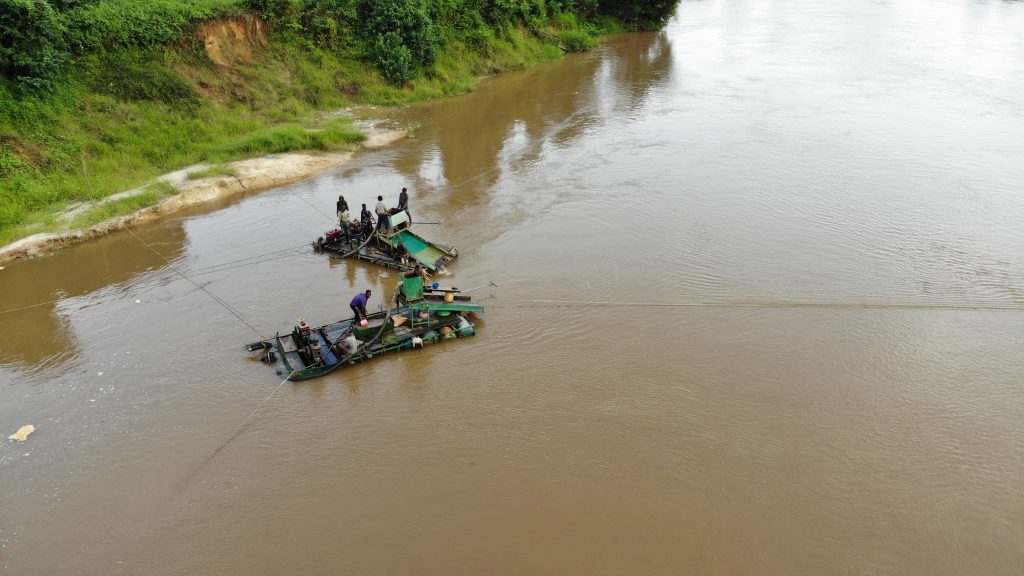
Forkpah, secretary general of the Palama Clan’s community land development and management committee. The clan hosts a portion of the forest. Forkpah and other townsmen had first spotted the miners in May.
In 2023, Lofa County lost 20,000 hectares of forest, according to the Global Forest Watch, which tracks deforestation worldwide. It was the county with the third-most loss.
Administrative proceeding
Angered by the actions of the illicit mining activities, forest guards seized the miners’ properties.
Later, Salayea filed a lawsuit against Ford Roy Tabolo, the mine owner. They sue him and two other men for mining without license, smuggling of minerals, criminal trespass and criminal facilitation, documents from the Salayea Magisterial Court show.
Tabolo and the men deny any wrongdoing. Tabolo argued that their activities were legal, producing a small-scale mining license.
Following a week of hearings, the court dismissed the case and removed a stay on the trio’s activities.
Judge Gabriel Ndupellar ruled that both parties had legal documents. Ndupellar said the Ministry of Mines and Energy and the Forestry Development Authority (FDA) needed to resolve the matter.
“The proceeding before this court is not ripe enough for judicial determination, except based on the outcome of an administrative proceeding,” the court said.
Reeling from the ruling, Salayea wrote the Forestry Development Authority (FDA) about the case. “We need your quick intervention,” read the June 8 letter. The FDA did not immediately respond to the DayLight’s queries.
The case is the fourth concerning mining in a community forest in the last five years, per media reports. Previous cases involved Korninga B and Bondi Mandingo in Gbarpolu, and Blei and Sehyi-Ko-doo in Nimba. Bea Mountain Mining Corporation and Solway Mining Inc. were penalized in the Korninga B and Nimba cases. The other Gbarpolu case implicates unlicensed miners and is still in court.
Meanwhile, Mulbah said Salayea was consulting lawyers for further legal actions against Tabolo.
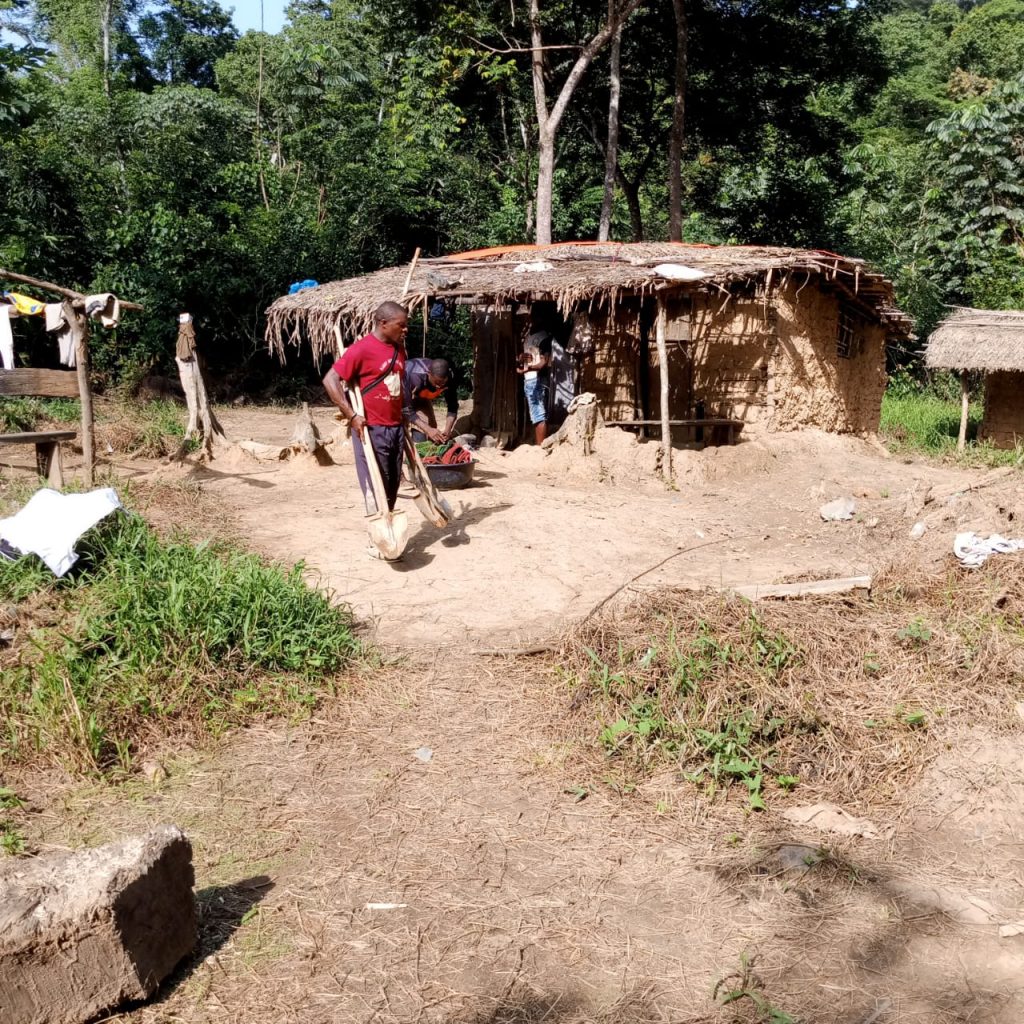
Water pollution
Back in Salayea, Tabolo and his team are digging in the forest. A DayLight review of the Ministry of Mines’ records shows Tabolo has four small-scale mining licenses, all expired in August and have not been renewed. That includes the license he presented to the court, based on court filings. Tabolo did not return queries for comments on this story.
Locals said another group of miners uses dredges on the St. Paul River, polluting creeks, driving away wildlife, and destroying the forest. It was due to such harmful environmental impacts the Ministry of Mines imposed a moratorium on dredging in 2019.
“The fishes in the water are also being affected and our people are eating the fish because they don’t know,” said Tokpah Koiwu, a community leader.
Villagers now carry drinking water from towns to their farms due to the pollution, Koiwu added.
The DayLight did not see the dredges. However, reporters obtained photos of royal blue plastic barrels, used by miners to make the makeshift machines. Furthermore, the color of the water in the pictures was consistent with a dredging operation.
This story was a production of the Community of Forest and Environmental Journalists of Liberia (CoFEJ).

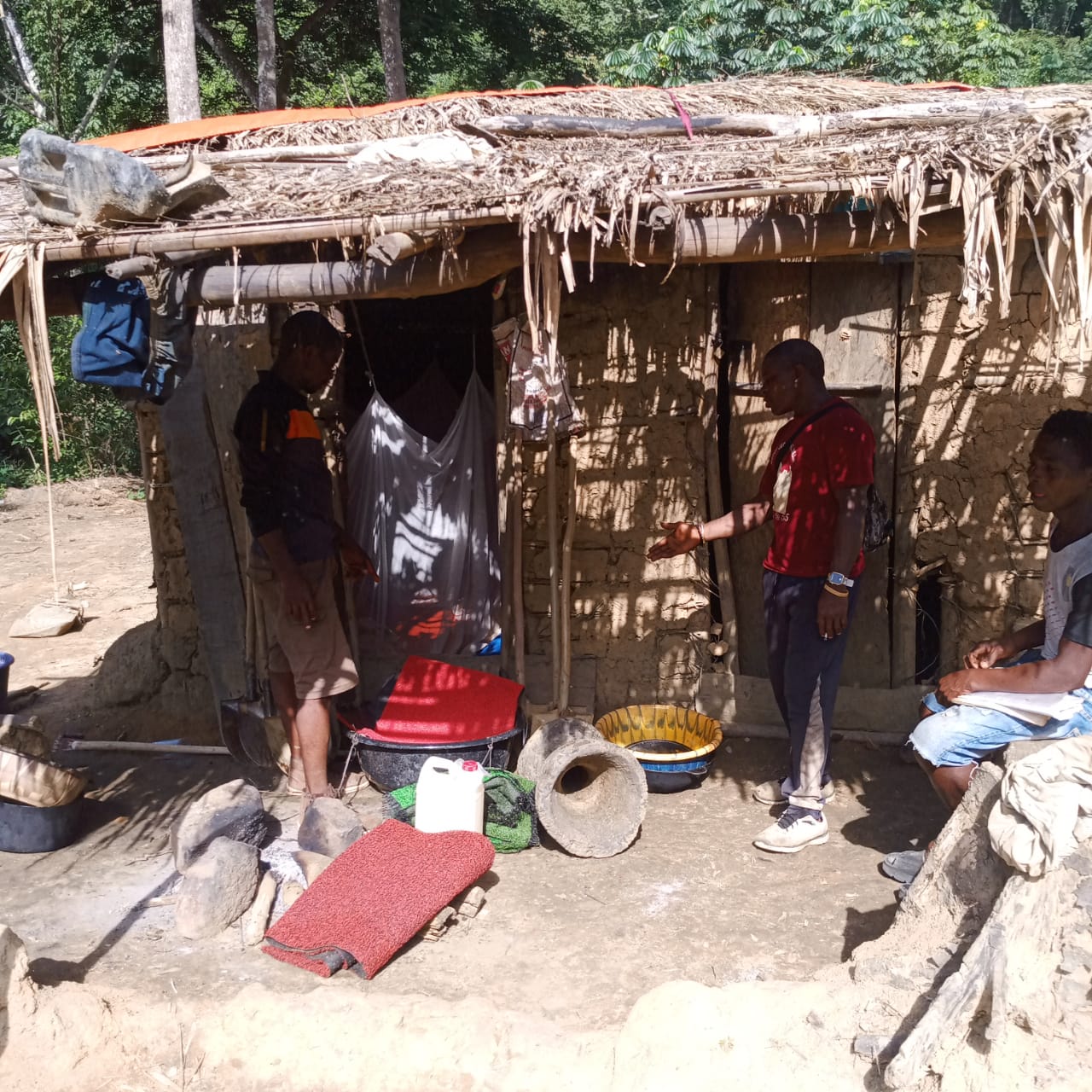

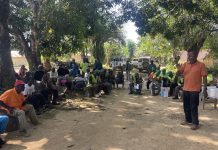
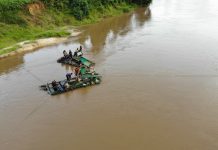
Facebook Comments